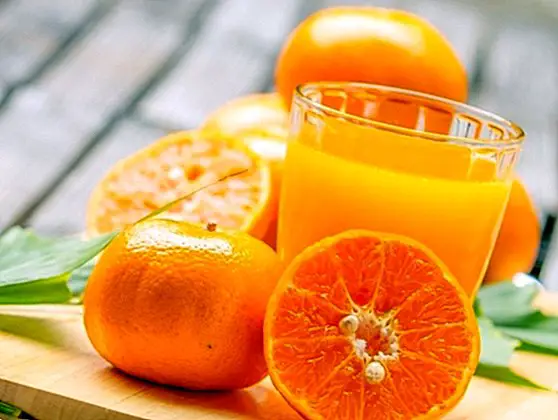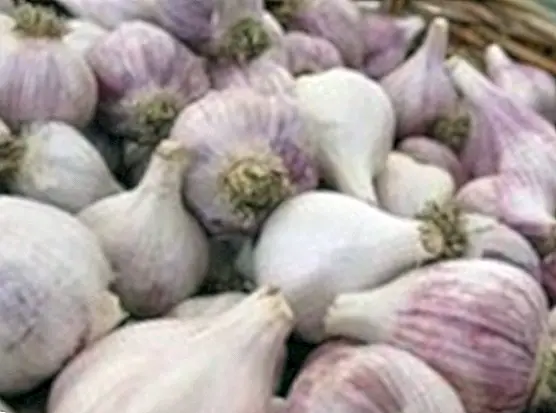Take care of the intestinal flora to avoid swelling and gas
A few days ago the book was just presented The wonders of the flora, written by the doctor and discloser Margarita Mas Sardá, and that has counted in turn with the collaboration of Alicia Costa (nutritionist-dietitian) and the model and writer Judit Mascó. This is an extremely interesting book published by Editorial Amat, which will bring you closer to everything there is to know about our own intestinal flora, with infographics, tips, diets and additional information to be applied every day in order to take care of our well-being.

As you surely know, our digestive system (particularly our digestive tract) is colonized by living bacteria, whose microbial community is popularly known as the intestinal flora, which is essential both for our health and for our own well-being.
Mainly they are several the functions that carry out: aid in the digestion of the foods and in the absorption of their nutrients; increases resistance to infections; prevent the growth of bacteria responsible for traffic disorders, among others.

But in order to keep this bacterial community "in good condition", it is necessary to know how to take care of the intestinal flora. And not only to enjoy good health, but to prevent certain common digestive discomfort, such as swelling and gas.
We must bear in mind that inside our digestive tract we all have gases, partly we produce them and in part we incorporate them from outside through food. This gas can cause discomfort, such as a feeling of bloating, bloating, discomfort and even pain. Did you know that the increase in the amount of gas depends not only on the diet, but on the composition of the intestinal flora? Therefore, it is important to take care of its variety and balance, always based on a good and correct diet.

How to take care of our intestinal flora and thus avoid the gases?
- Boil the vegetables in plenty of water, letting them stand for an hour in the cooking water, in this way you will reduce the amount of gas they produce.
- Limit the consumption of vegetables that cause gases, as is the case of beans, cabbage, celery, onion, artichoke, broccoli, beans and Brussels sprouts.
- Introduce whole foods into your diet, always in a progressive way to help the intestine adapt.
- Includes 2 dairy products fermented with probiotics.
- Always eat smaller and more frequent meals, eating five times a day instead of two. In this way the intestine can digest food better.


